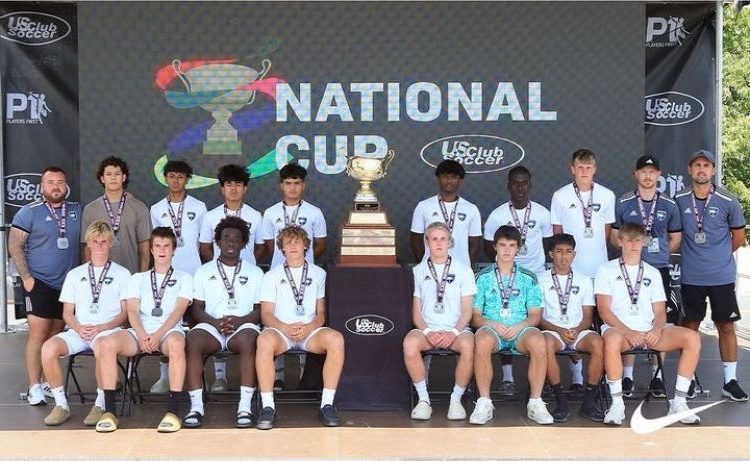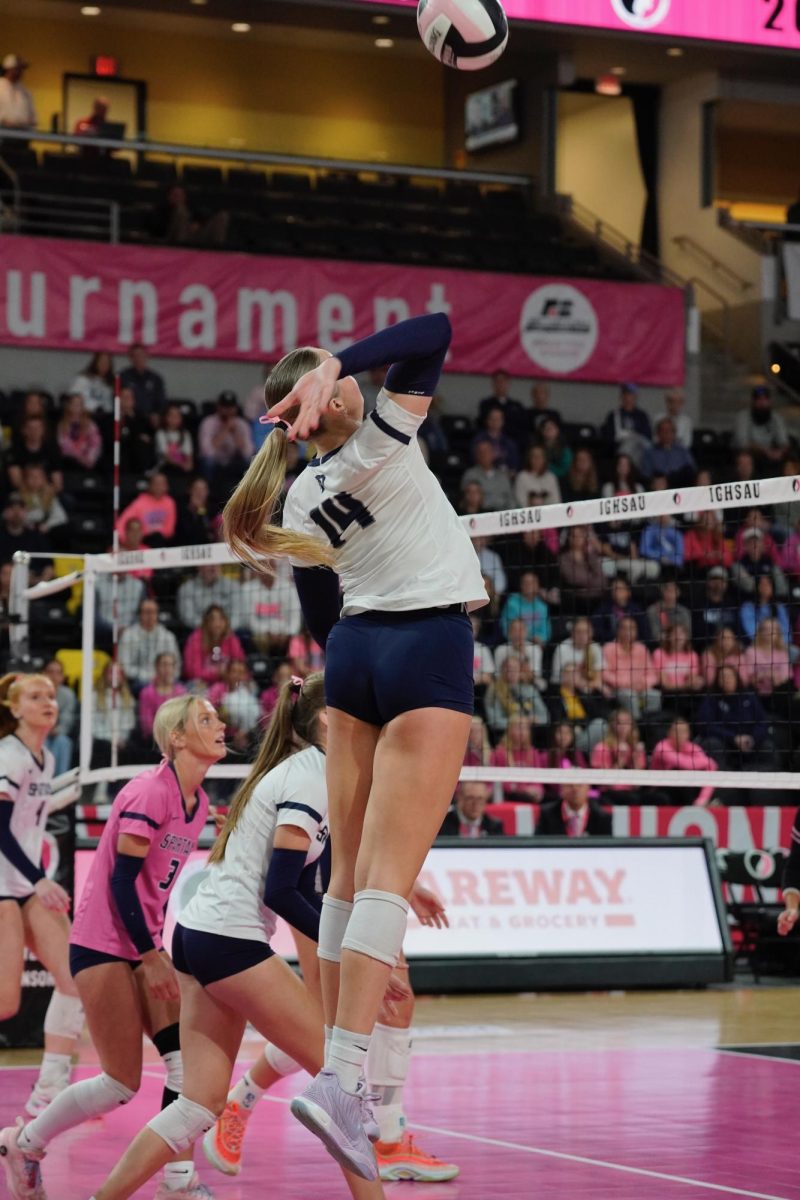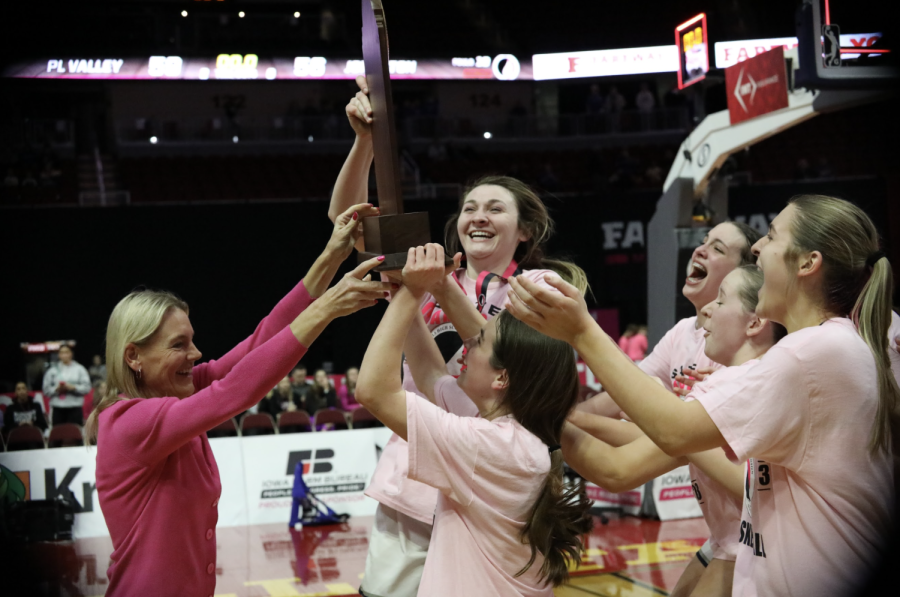Travel sports have always been an important experience for the youth. They give kids the opportunity to try out sports, meet new people and develop their skills and passions. But the identity of travel teams is changing. Travel teams have begun to grow more intense and players are willing to travel further distances to play for different teams.
The most crucial factor in favor of traveling further for sports is the quality of training players can receive. By traveling to bigger cities or bigger clubs, players get better training from more experienced coaches.
Larger organizations also have more competition within the team, increasing the intensity of practices and helping to develop the skills of the players. “You bring a lot of good kids into the gym and you play at the highest level possible. You definitely get better,” explained varsity girls basketball player Reagan Pagniano.
Travel sports have also become a crucial aspect of college recruiting.
Joining more prominent club teams allows players to be seen by more recruiters, increasing their chances of being recruited. “The benefits are the exposure. The higher level competition attracts college coaches to come and recruit more often,” varsity soccer player, Darius Hulbert, said.
The main purpose of travel teams is to be a memorable experience for the players. Joining larger travel teams enhances the experience of the players as they get to play against better competition and in more unique destinations. This lets players create many different memories and noteworthy experiences.
Despite their benefits, travel sports require substantial sacrifices from the families and the participants.
There is a considerable cost participating on travel teams. Depending on the sport, costs can add up to thousands of dollars. Even that only covers the cost of coaching and training.
Families still have to pay for transportation, hotels and food during the weekends when they travel. As players travel further distances, the costs for transportation increase. Some even have to pay for plane tickets to get to their games.
Playing on travel teams is a massive time commitment for the players and families. Most teams practice nightly, and some players travel hours to get to a practice, taking excessive time out of the lives of their parents. This also causes a problem with players’ academics as their travel sports require their weeknights.
Traveling for sports can interfere with players’ schedules, affecting both their sleep and school schedule. “I spend 12 extra hours in the car just going to practice. This overlaps with schooling as some nights I have to do homework in the car which is pretty inconvenient. My sleep also isn’t the best because of late nights traveling home from practice on weekdays,” Hulbert said.
Players must find ways to balance their schedules while advocating for their health. “One way I balance is by looking ahead of time to solve when I’m going to do assignments or hang with my friends. I also skip some social events to catch up on homework or just relax and recharge,” said Hulbert.
Youth sports are expanding as players are willing to travel farther distances. This development provides many opportunities for players to grow their skills, be exposed to college recruitment and build memories. The expansion requires sacrifice from the players though, as the time and cost of joining the teams is significant.









